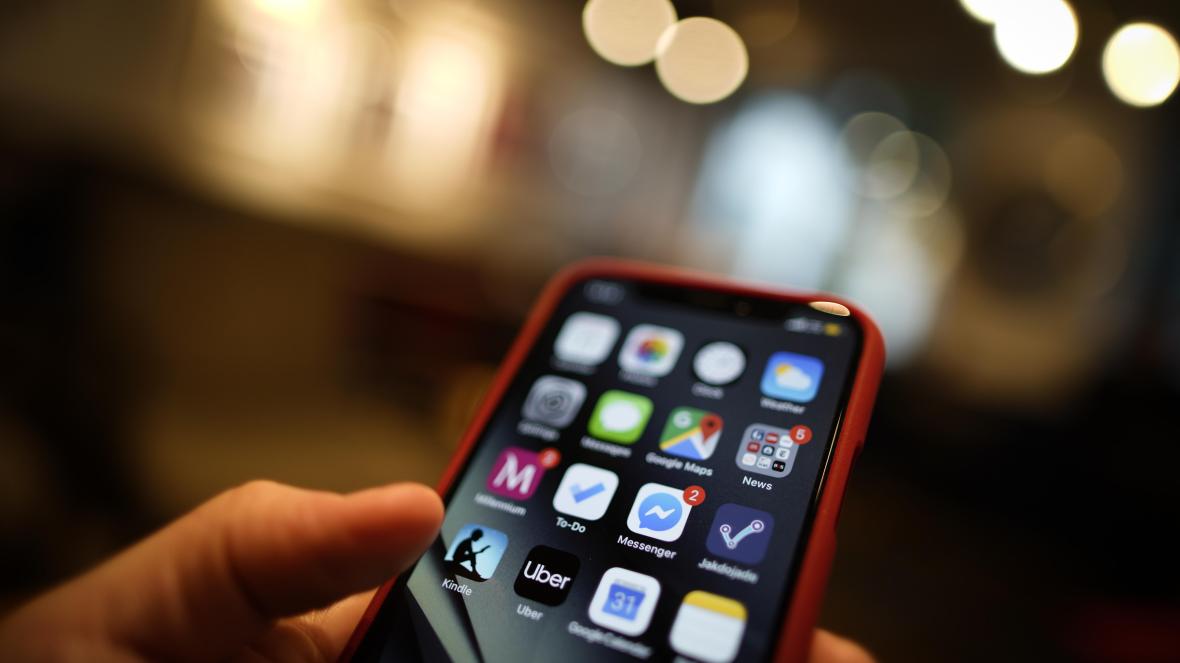UK mobile networks will not be allowed to sell locked phones

Mobile networks will no longer be able to sell locked smartphones from December 2021 after telecoms regulator Ofcom said that the practice was putting off customers from switching to new providers.
Locking handsets was once a common occurrence in the mobile phone industry, with UK networks claiming that it helped to combat fraud and instances of theft.
However, after announcing the ban, Ofcom said that customers often have to go through a laborious process to get them unlocked.
It also caused other issues, as research found that many owners did not realise that their handsets were locked, which then resulted in them losing access to basic services.
There has been a slight shift in recent years though as O2, Three and Virgin have already started selling unlocked phones to customers.
The ban will mean that BT and its mobile division EE, Vodafone and Tesco Mobile will have to comply with the new guidelines or risk hefty fines.
Spokespersons for EE and Vodafone have already stated that they are ready to implement the changes by the end of next year.
“[It] will save people time, money and effort – and help them unlock better deals,” Ofcom connectivity director Selina Chadha said in a statement.
Ofcom found that around 50% of people who attempt to unlock smartphones experience some sort of difficulty in doing so and that 35% are also reticent in searching for new deals due to the hardware restriction.
The ban on locked handsets brings the UK into line with EU rules, though Ofcom said that it had been eager to address the problem for some time.
